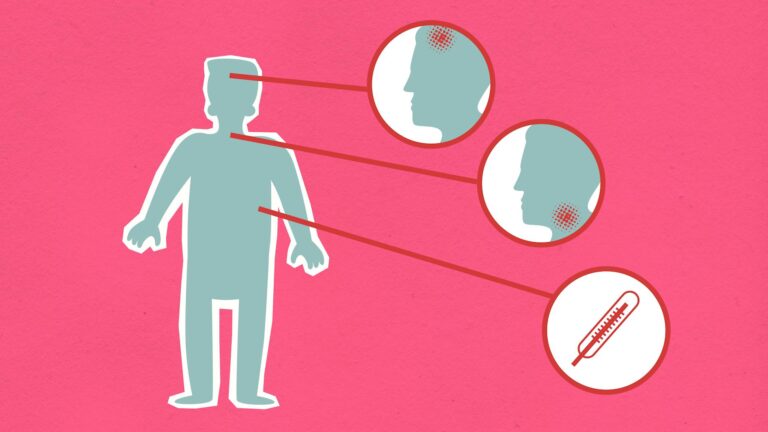Post-traumatic stress disorder (PTSD) is a mental health condition that can develop after a person experiences a traumatic event. It is often associated with soldiers who have been in combat, but it can also affect anyone who has gone through a frightening or traumatic event. This includes natural disasters, accidents, sexual assault, or witnessing a violent act.
One of the symptoms of PTSD is difficulty with working memory. Working memory is the part of our brain that helps us store and manipulate information temporarily as we perform tasks. It plays a crucial role in our daily lives, from remembering a phone number to following a set of instructions.
When someone has PTSD, their working memory can be affected in several ways. They may have difficulty concentrating, organizing their thoughts, or completing tasks that require multiple steps. This can make it challenging to carry out everyday activities, like cooking a meal or completing work tasks.
So, what causes this disruption in working memory? It is believed that the stress and anxiety caused by PTSD can lead to changes in the brain’s structure and function. Research has shown that individuals with PTSD have smaller hippocampal volumes, which is the part of the brain responsible for memory and emotion regulation.
Additionally, people with PTSD may also experience hyperarousal, which is an increased state of alertness and heightened sensitivity to potential threats. This can make it challenging to focus on tasks at hand and lead to intrusive thoughts and memories related to the traumatic event.
Furthermore, PTSD can also impair the ability to filter out irrelevant information. This means that someone with PTSD may have difficulty distinguishing between important and irrelevant details, making it harder for them to prioritize tasks and complete them efficiently.
The effects of working memory impairment in individuals with PTSD can be debilitating and impact their daily lives significantly. It can lead to difficulties in interpersonal relationships, work productivity, and overall quality of life.
Fortunately, there are treatments available to help manage PTSD symptoms and improve working memory. Cognitive-behavioral therapy (CBT) is the most commonly used form of therapy for PTSD. It focuses on identifying and changing negative thought patterns and behaviors that contribute to the symptoms of PTSD.
Exposure therapy is another treatment option where individuals are gradually exposed to triggers associated with their trauma in a controlled environment. This helps them learn to manage and cope with their reactions.
In addition to therapy, medication can also be prescribed to manage symptoms of PTSD, including difficulties with working memory. Antidepressants and anti-anxiety medications are commonly used to reduce symptoms such as anxiety, depression, and hyperarousal, which can improve working memory function.
Individuals with PTSD can also try strategies at home to help improve their working memory. These include breaking down tasks into smaller, more manageable steps, using visual aids or reminders to help with organization, and practicing relaxation techniques to reduce stress and anxiety.
It is essential to seek professional help if you or someone you know is experiencing symptoms of PTSD, including difficulties with working memory. Early intervention can lead to better outcomes and improve overall functioning and quality of life.
In conclusion, PTSD can have a significant impact on a person’s working memory, making it challenging to complete daily tasks and maintain a good quality of life. However, with proper treatment and management strategies, individuals can learn to cope with their symptoms and improve their working memory function. Remember, seeking help is a sign of strength, and with the right support, recovery from PTSD is possible.





